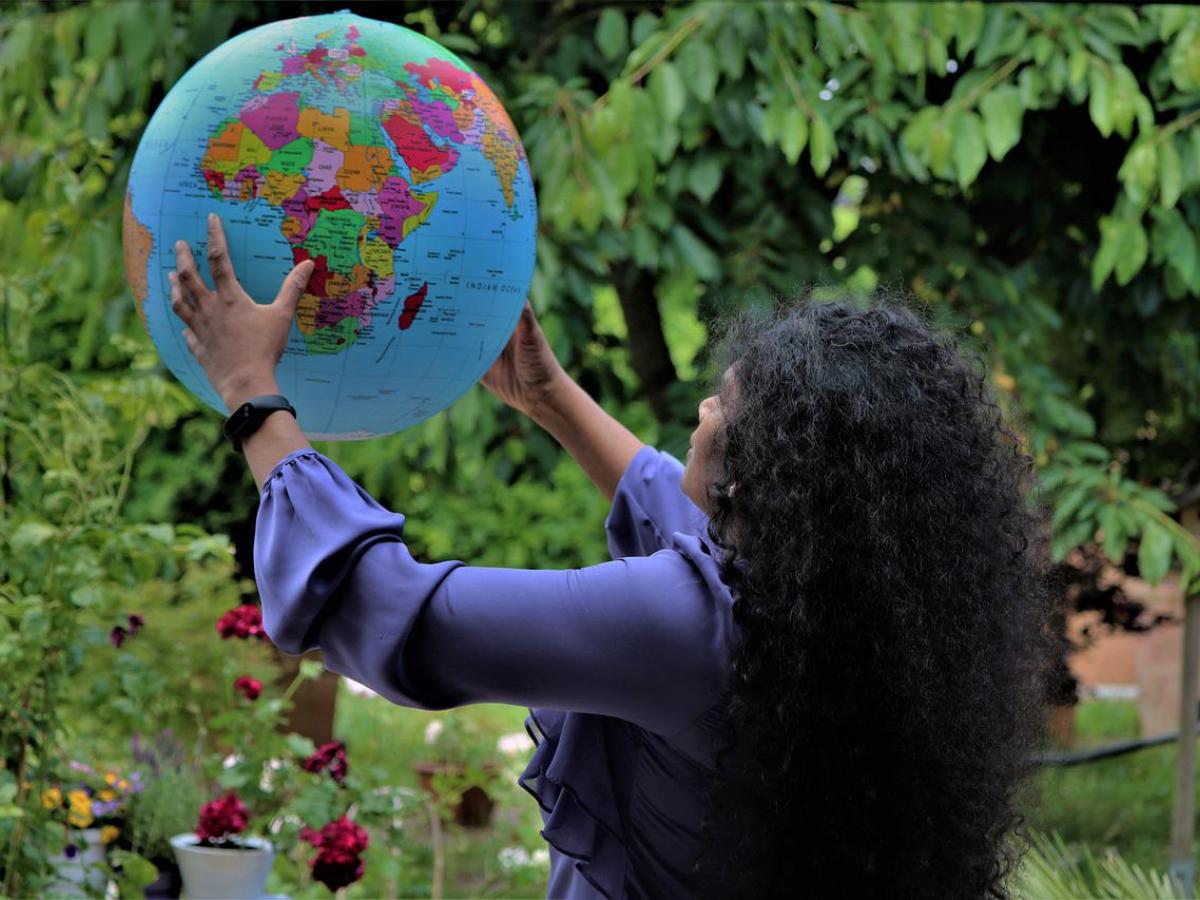
This Refugee Week (19-25 June), a new report highlights the need for a national refugee employment strategy to better allow women from refugee background to contribute to Australia’s labour market.
While industry calls for more expansive migration due to acute labour shortages exacerbated by the COVID pandemic, a new report has identified refugee women as a valuable cohort of capable workers unable to get work in Australia.
The study, led by the University of Adelaide and Flinders University and funded by the federal Department of Social Services, found refugee women have worse employment outcomes than other groups of migrants, including refugee men. They also are concentrated in occupations that are lower-skilled and lower paid compared to before they migrated.
“There is an urgent need to address the myriad of systemic barriers facing women from refugee backgrounds from accessing paid work,” says report lead author Associate Professor Anna Ziersch, a social scientist in Flinders’ College of Medicine and Public Health.
The study analysed data from the Building a New Life in Australia longitudinal study, which collected a range of information from refugee women and men over their first five years in Australia, including Adelaide-specific data.
“It was also often the simple things that refugee women lacked which prevented them from accessing paid work, such as a driver’s licence, childcare support, language skills, knowing how to find out where job vacancies exist and how to write a resume,” says report co-author Associate Professor Clemence Due from the University of Adelaide.
“In addition, many women experienced discrimination both when seeking work, and on the job, including a lack of fair pay, reasonable working conditions, and accessing avenues for recourse if issues arose.”
The report sets out 16 recommendations on how to address the barriers and focus on facilitators to employment for refugee women, including: adjustments to the various forms of services available to refugee women; ways for employers to create and manage employment opportunities for refugee women; and policy and regulatory reform to address the systemic barriers facing refugee women from engaging in paid work.
“Our study found inspiring examples of proactive employers with innovative workplace practices to support refugee women once they found employment,” says Associate Professor Ziersch.
Against the backdrop of recent events in Afghanistan and Ukraine and the many other parts of the world experiencing war and displacement, the authors say this is a time of tremendous opportunity for refugee women as Australia rebuilds its economy and workforce.
“Women from refugee backgrounds are highly motivated to work and this drive, combined with women’s skills and capacities, is a strength and a resource that employers can connect with, ” the authors say.
The report was also co-authored by The University of Adelaide researchers Joanna Howe, Emily Miller, and Joanne Flavel.







